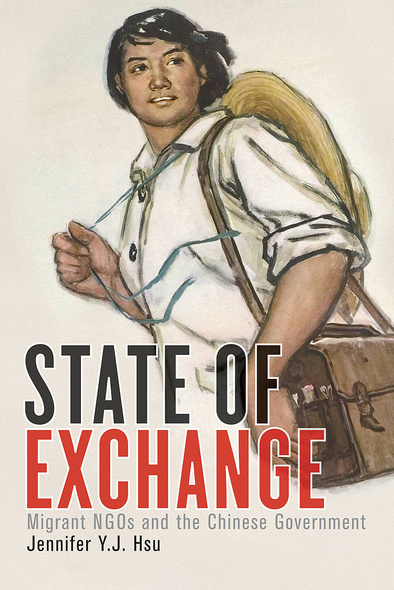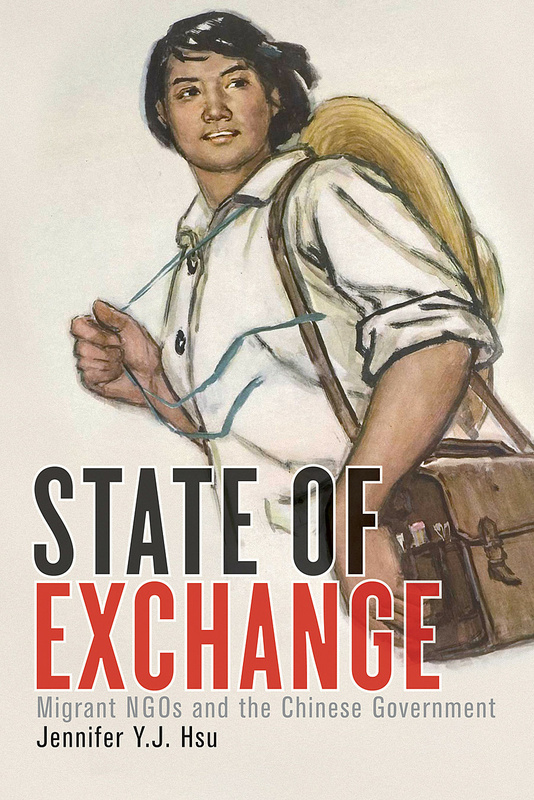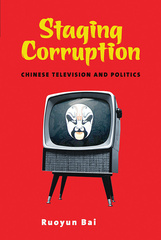
State of Exchange
Migrant NGOs and the Chinese Government
China’s rapid socio-economic transformation has generated extraordinary movements of people from rural areas to urban centres. At the peak of labour migration in the early 2000s, some 100 to 200 million people moved to cities in search of higher wages and better standards of living.
State of Exchange examines how – despite operating in a restrictive authoritarian environment – non-governmental organizations in China have increased dramatically as central and local states now permit migrant NGOs to deliver community services to workers in cities such as Beijing and Shanghai. Interacting with the layers and spaces of the Chinese state, NGOs conduct and scale up their programs, while the state engages with NGOs as a means to remain relevant and further legitimize its own interests. Jennifer Hsu uses a new conceptual framework to assess state-NGO relations and ultimately reveals how NGOs are navigating a complex web of government bodies, lending stability to, and forming mutually beneficial relationships with, the state.
As North Africa and the Middle East move into a new era of politics, the Chinese experience outlined in this book will serve as a blueprint for better understanding the best practices and lessons learned for state-society relationships at the central and local levels.
It will be of great interest to students and scholars of Asian studies and China studies, political science, sociology, and development studies.
With its multifaceted approach, this book is a must read for researchers and students of state–society relations in China and beyond.
[Hsu] carries out rigorous academic analysis to explore in case studies in both Beijing and Shanghai how the central government, the municipal government, street neighborhood entities, and residents’ committees interact to address issues involving migrant workers … This well-done study contributes to understanding Chinese politics and, more generally, how local governmental units operate with some independence under authoritarian central governments.
Jennifer Hsu’s rich ethnographic study of migrant-oriented non-governmental organizations in Beijing and Shanghai opens a doorway to understanding how Chinese NGOs negotiate the limited spaces provided to them by the government. State of Exchange should be a go-to text for anyone hoping to understand the complex relationship between the state and society in China.
In articulating the multifaceted ways that different layers of the state engage with NGOs in China, Jennifer Hsu has written a book that conveys the complex reality of state–NGO relations in an authoritarian state. It should be of great interest to scholars and NGO practitioners alike.
Introduction
1 Moving Towards a Spatial Framework
2 Understanding Non-Governmental Organizations in China
3 Symbolic Cooperation
4 Asymmetric Cooperation
5 Strategic Cooperation
6 Foray in Spaces New and Old
Conclusion
Appendices; Notes; References; Index









